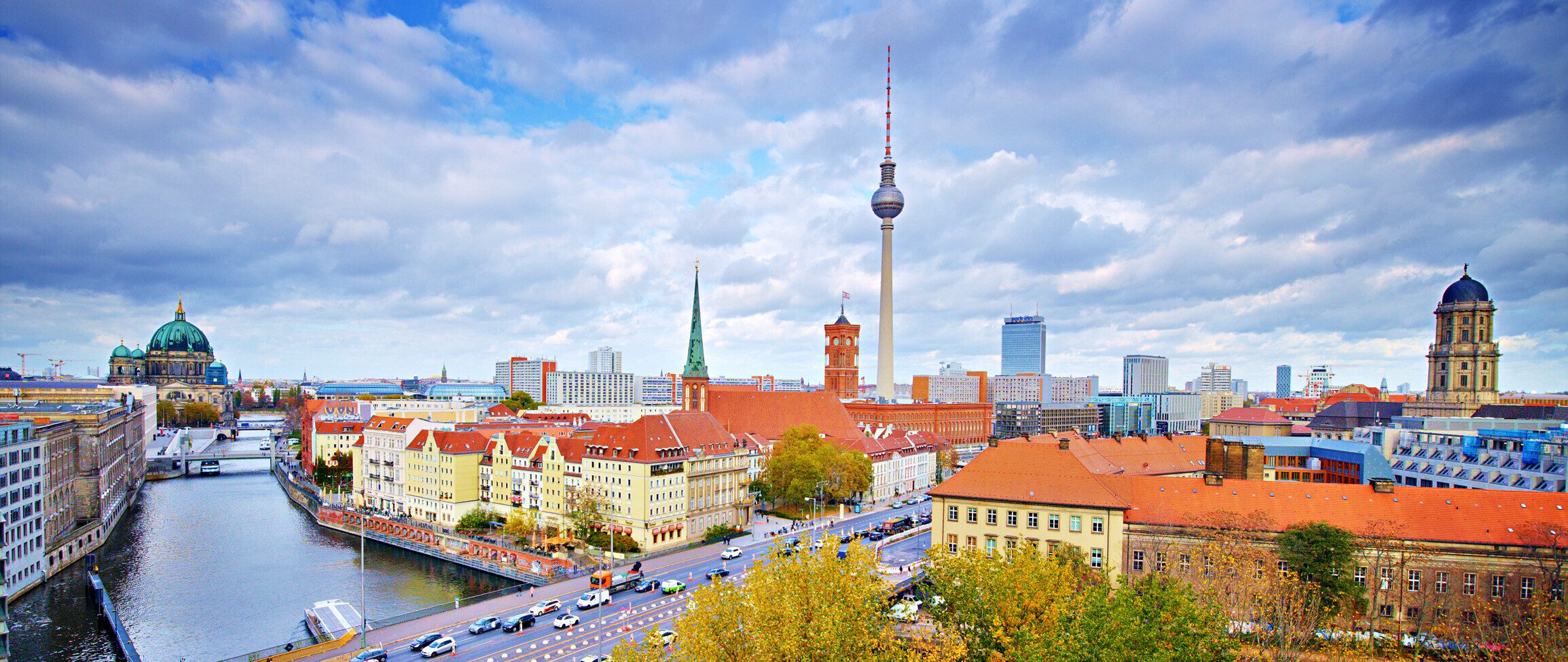Activists urge European governments to address colonial past

People from civil society, academia and the arts, from the African continent and its global diasporas, are gathering in Berlin, Germany, at the Dekoloniale Berlin Conference 2024, to mark the 140th anniversary of the Berlin Africa Conference of 1884/5.
The Dekoloniale Berlin Conference 2024 will run from 14-16 November. It will bring together representatives from countries that were, and continue to be, affected by the legacy of European colonialism, to reflect on the history of the Berlin Africa Conference and its lasting impact today. As part of the event, Amnesty International, Human Rights Watch and African Futures Lab will host a non-public workshop where practitioners, communities and activists will come together to share struggles, experiences and discuss ways to advance reparations.
A number of high-profile delegates and experts, including Farida Nabourema, a social activist from Togo, Gary Younge, an award-winning author and broadcaster from the UK, Angolan artist, Kiluanji Kia Henda, and Cameroonian lawyer, Alice Nkom will be attending the conference. They will share their perspectives on the long-lasting and structural impacts of colonialism and how to address them.
“The historic injustices of colonialism, enslavement, the slave trade and their ongoing legacies remain largely unaccounted by European states and others who are responsible,” said Rym Khadhraoui, Amnesty International’s racial justice researcher.
“People are facing resistance to their calls for reparations and are being forced to navigate systems rooted in coloniality and power imbalances. The racialized global order embedded in colonialism was designed to benefit the few and value some lives over others. The Dekoloniale Berlin Conference is an opportunity to show the power of collective mobilisation and share demands to seek justice and reparations for historical injustices.”
The joint workshop will give communities struggling to achieve justice the opportunity to learn about different past and ongoing reparation processes, discuss successes and challenges, and to strategize how international law and advocacy may be used for achieving reparatory justice. During the workshop, there will be discussions on cases including the Namibia-Germany negotiations addressing Germany’s colonial crimes, reparations for the forced abduction of Metis children by Belgium in its colonies in the Great Lakes region, the state of discussion between Algeria and France on its colonial past, as well as the UK-Mauritius-Chagos Islands negotiations.
Journalists are not permitted to attend the workshop, however spokespeople from Amnesty International, Human Rights Watch and African Future Labs, along with delegates attending the conference, are available for interview.
Background
The 1884/5 Berlin Africa Conference was a meeting where European powers further carved up the African continent for colonial domination and exploitation. Held without African representation, the conference disregarded existing African geographical realities, contributed to the formalization of colonization, and led to profound and lasting impacts.
Dekoloniale Berlin is a cultural project that critically explores the colonial past and present of Berlin and Germany’s former colonies. It involves online mapping, museum advice, festivals and think tanks.
Related
A New Book Argues That What Happens in Europe Doesn’t…
Remaking the World: European Distinctiveness and the Transformation of Politics, Culture, and the Economy by Jerrold Seigel “No issue in world
Poland plans military training for every adult male amid growing…
Poland’s prime minister, Donald Tusk, has said his government is working on a plan to prepare large-scale military training for every adult male in response t
2025 European Athletics Indoor Championships: Ditaji Kambundji secures women’s 60m…
Switzerland’s Ditaji Kambundji walked away from the 2025 European Athletics Indoor Championships in Apeldoorn on 7 March with much more than her first Europea
Takeaways from the EU’s landmark security summit after Trump said…
BRUSSELS (AP) — European Union leaders are trumpeting their endorsement of a plan to free up hundreds of billions of








